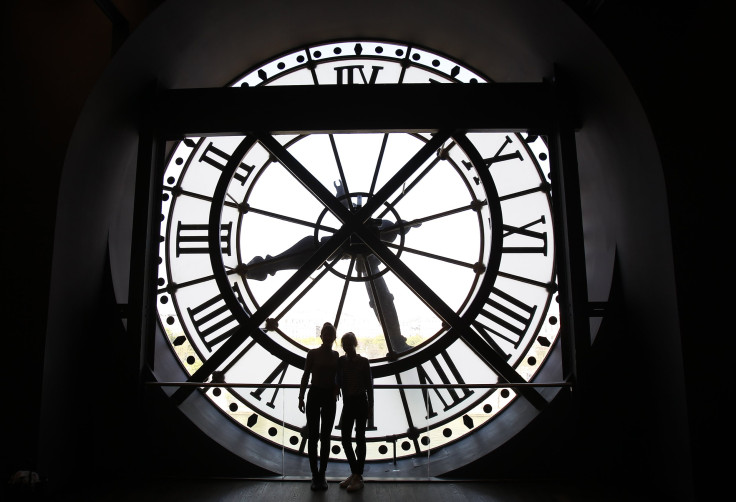The Arrow Of Time: Why Do We Remember The Past But Not The Future?

Time — it’s something we are always running short of. But what if someone came along and told you that our perception of the arrow of time — that time flows from the past to the present to the future, and not the other way around — is highly subjective?
Let’s begin with something we know for sure — time exists, and it has a very unambiguous direction, at least for us. We are born, we grow old, we die. We perceive time as something flowing from what we call the “past” — of which we have some very clear, and some not-so-clear memories, to what we say is the “future” — something that is yet to happen.
Here’s where we stumble upon one of the greatest unsolved mysteries of physics — why do we remember the past but not the future? In other words, why does time have a direction, moving inexorably forward, but never backward?
After all, the fundamental laws of physics that describe the universe we live in are “time reversible.” For these laws to remain valid, it is not required that time flow in only one direction, and nothing in these laws explains the arrow of time as we perceive it.
For the longest time, physicists have invoked the second law of thermodynamics — one that states that the entropy, or the degree of disorder or randomness, of an isolated system increases over time. They argue that since the universe only moves from a low entropy state to a high entropy one, the arrow of time lines up with this, moving from when the entropy was low — the past — to when the entropy will be high — the future.
Most physicists now believe that gravity may be key to explaining the arrow of time. The argument goes that as subatomic particles “decohere” — moving from the realm of quantum mechanics to classical mechanics — gravity kicks in, creating the so-called arrow of time.
However, according to a paper to be published in the latest edition of Annalen der Physik, the role of gravity — as explained by Wheeler-DeWitt equation — is not significant enough to explain how the past to future direction of time emerges.
The authors — Robert Lanza and Dmitry Podolsky — say that this leaves only one thing that can explain the arrow of time — the observer.
“Our paper shows that time doesn’t just exist ‘out there’ ticking away from past to future, but rather is an emergent property that depends on the observer’s ability to preserve information about experienced events,” Lanza wrote for Discover magazine. “Our paper shows that the intrinsic properties of quantum gravity and matter alone cannot explain the tremendous effectiveness of the emergence of time and the lack of quantum entanglement in our ordinary, everyday macroscopic world.”
Does this mean there is no “universal” arrow of time? Probably. But, when we observe a corner of the universe — even one where time may have been flowing from the future to the past — it would immediately assume the direction we are used to perceiving — past to the future.
“We observers have memory and can only remember events which we have observed in the past. Quantum mechanical trajectories ‘future to past’ are associated with erasing of memory, since any process which decreases entropy (decline in order) leads to the decrease of entanglement between our memory and observed events,” Lanza added. “Thus, a ‘brainless’ observer — that is, an observer without the ability to store observed events — does not experience time or a world in which we age."
© Copyright IBTimes 2024. All rights reserved.






















